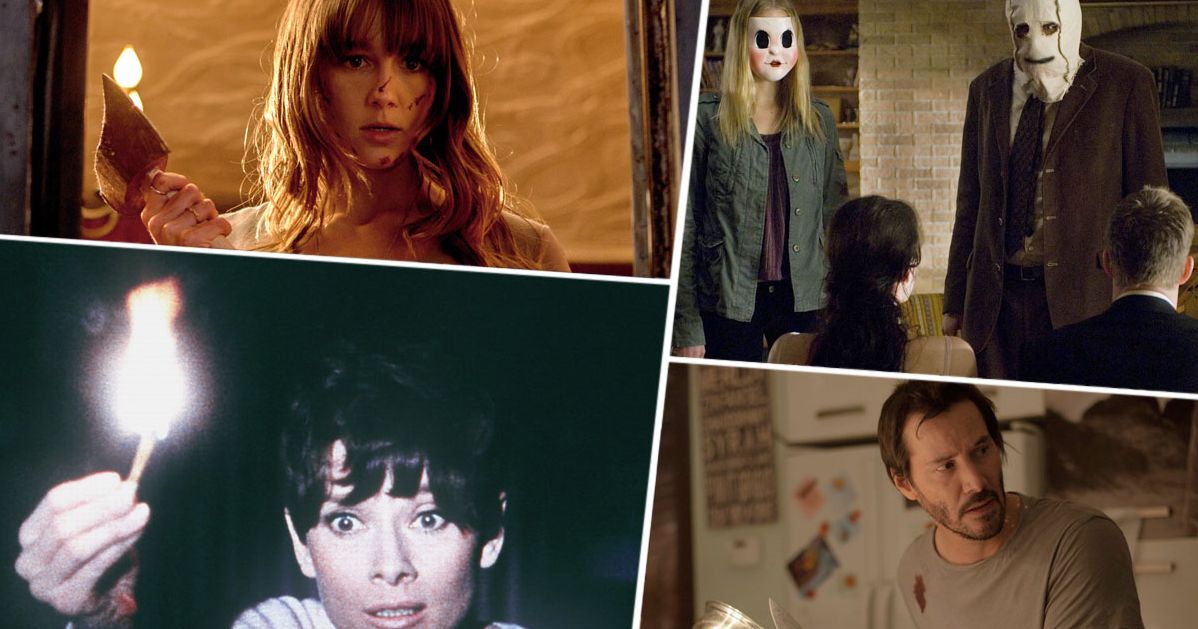
There is the suggestion amid all this that if one’s major concern is indignity, one’s priorities may be askew. His oeuvre suggests something once said by the great Polish director, Krszysztof Kieslowski: “I don’t believe in God,” Kieslowski said, “but I have a good relationship with him.” Haneke’s relationship is not, perhaps, quite so good but, like Kieslowski, his films explore the contract people have with their universe, what they believe, where they devote their spiritual energies-music, in the case of Anne and Georges-and how they answer the question of why God might not answer their questions. He’s one of cinema’s more serious thinkers and he does not omit an Almighty out of carelessness. Never mind the soaked sheets, the diapers, the brutish caretaker, the loss of speech. If she’s going to die, she wants to do it in private. The most urgent matter for Anne and Georges is dignity-Anne makes Georges promise, after the first of two minor strokes and an arterial procedure has left her right side paralyzed, that he will never take her back to the hospital. If there’s an afterlife on the couple’s mind, it never makes its way to their tongues. If prayers are uttered in “Amour” they’re done so silently. Or, for that matter, why God is never pursued.

The oft-remarked-upon absence of God from the films of Michael Haneke is a provocation: It’s an absence so pronounced one can’t help but think about God, and where God went. And what of it? What is it that matters in “Amour”? Love certainly, but what does love mean, especially in this kind of situation? What does human suffering signify about divine love?

We may not all experience the same circumstances, but the upshot, for everyone, is inescapable. In “Amour,” the fate of Georges and Anne is something else. These, mercifully, were stories in which the roulette wheel of Haneke’s casino of cosmic misfortune bankrupted only those characters who happened to be at the table. The universe of “Amour” is as disinterested in humanity and its concerns as the one that enveloped Haneke’s underappreciated, end-of-the-world epic “Time of the Wolf” (2002), or the dice-playing “Cache” or the home-invasion nightmare “Funny Games” (1997, remade in 2007). “Amour” has been offhandedly characterized by some as Haneke Lite, or an instance of the austere Austrian turning sentimental, because his characters are elderly, tender and, as one usually defines it, civilized. And while the couple will endure many hardships, including Anne’s two strokes and Georges’ heroic efforts to care for her, one of the cruelest is their invisibility, the inevitable side-effect (in Western culture, at least) of old age. This kind of indirect revelation of the two-who are ignored, until Alexandre spots them-is a way of punctuating their increasingly tangential relationship to existence.

But if you know the actors, you can find them and spot them again in the next scene: backstage, where a group of young people is congratulating the performer who’s just left the stage (real-life pianist Alexandre Tharaud), and where the couple first appears in a mirror on the wall. That early shot of “Amour,” mentioned above, takes place in a Parisian concert hall, the perspective from the stage shows a mass of music lovers filing into their seats, the usual pre-performance melee. As such, any audience familiar with the luminous Emmanuelle Riva and Jean-Louis Trintignant and the fact they are playing Haneke’s principals, long-married music teachers Anne and Georges, is at bit of a disadvantage regarding the director’s overall intentions. It is heartbreaking, and, if you like, a cautionary tale-the caution being: don’t get old. The fleetingness of life itself, and its slipperiness, anchor “Amour,” the story of a couple’s infirmity and demise. If only we had enough time, if only what we were seeing weren’t about to go so blithely by…. One of the first shots in Michael Haneke’s Amour-winner of the Palme d’Or at Cannes this year and Austria’s choice as its Oscar contender-suggest the final shot of his much-honored “Cache” (2005): A scene of a school just dismissed, teeming with young people, and tantalizing in its come-hither hint of cosmic answers.


 0 kommentar(er)
0 kommentar(er)
